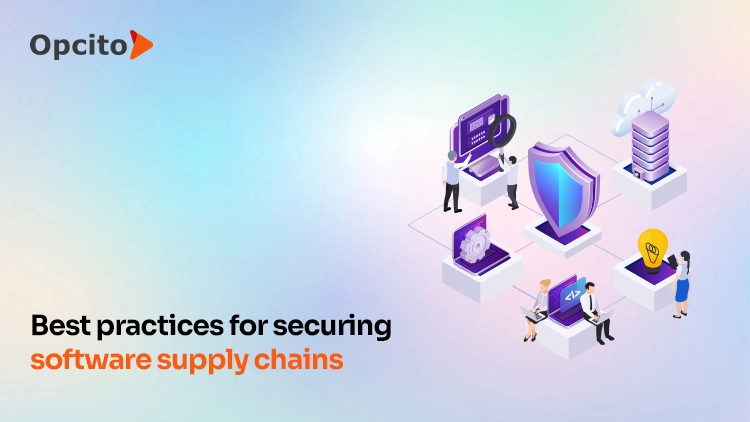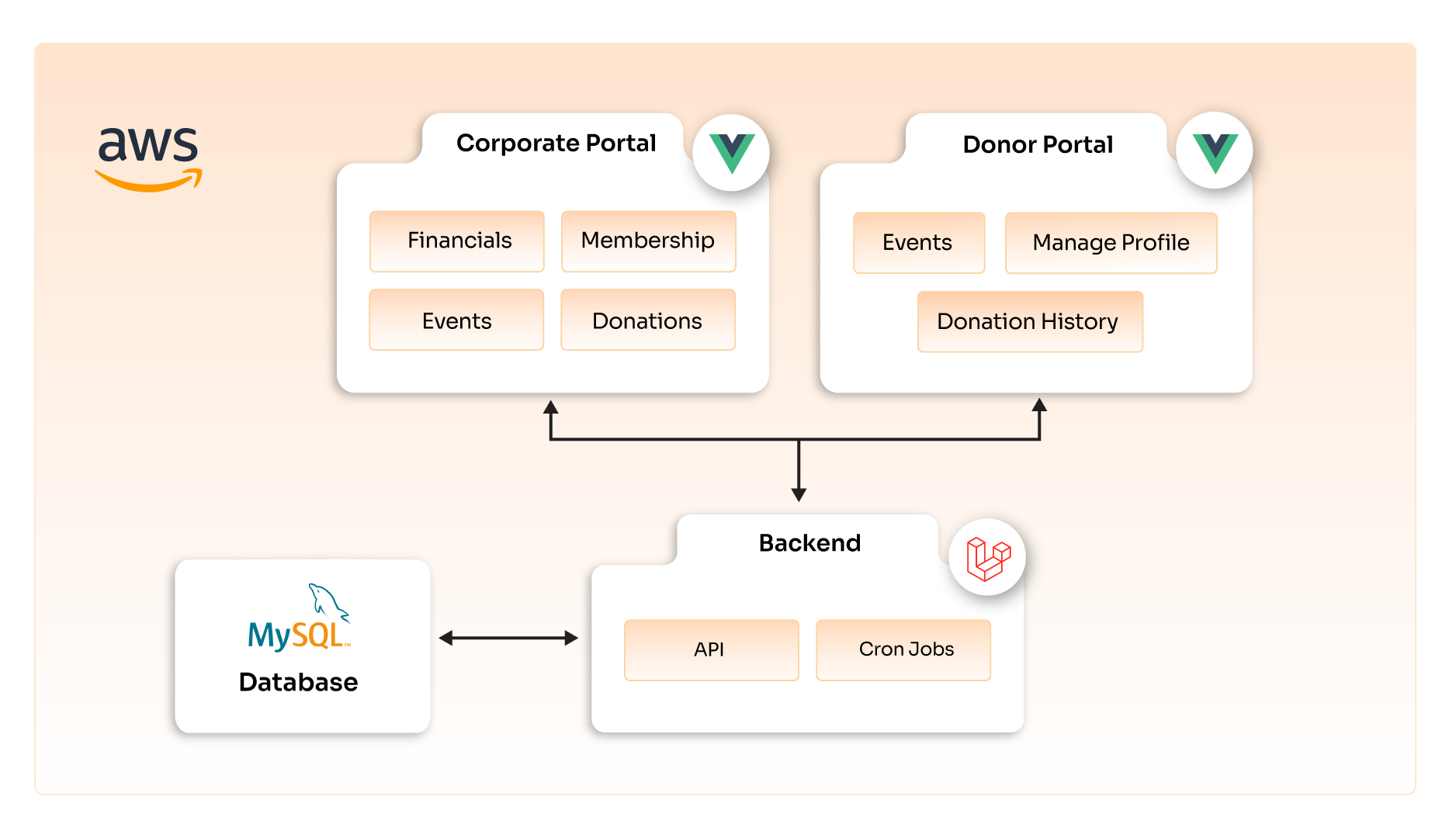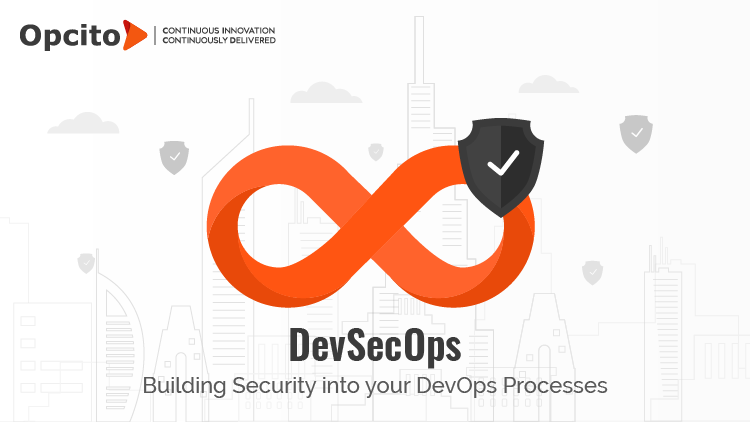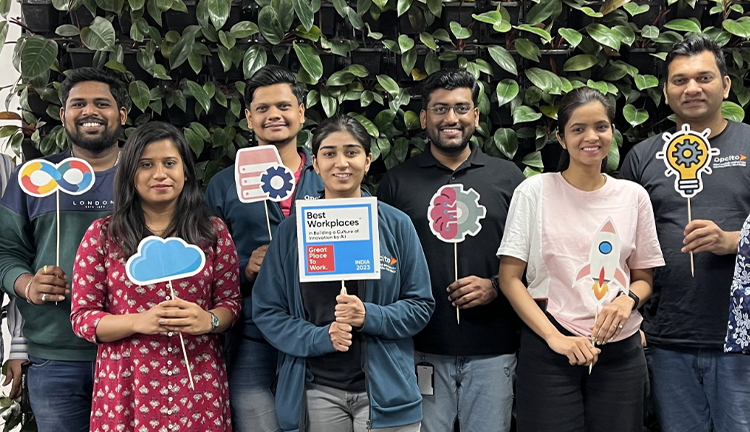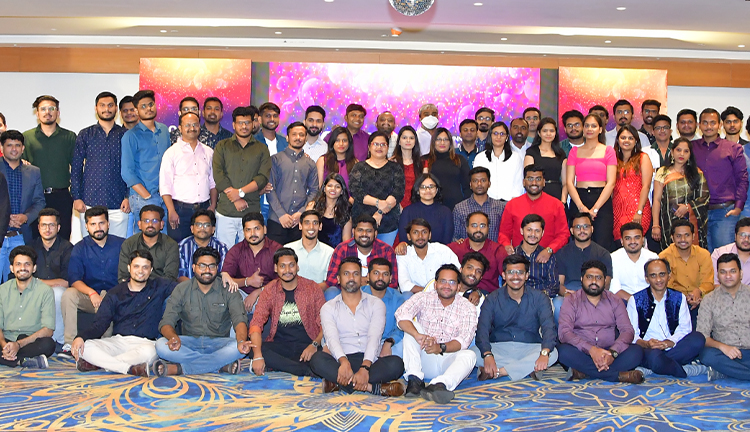Kubernetes cluster monitoring and security webinar by Opcito
The Kubernetes technology is gaining huge traction within the dev community with many webinars, meetups, and KubeCons throughout the globe.
In keeping with our resolve to contribute to exploring the depths of bleeding-edge technology with fellow Kubernauts, Opcito hosted its first Kubernetes webinar on June 22nd. The event was led by Colwin Fernandes, CTO of Opcito Technologies. Abhijit Kharat, Co-founder of Opcito, started the webinar with a few introductory lines about Opcito, Kubernetes, and Colwin. Colwin took over the baton from Abhijit and talked about the latest trends in Kubernetes, Kubernetes 1.6, and its features. The latter part was more focused on the main topic of the webinar i.e., “How can you secure and manage your Kubernetes clusters with RBAC and Prometheus?” Here are some of the most interesting takeaways from the webinar:
Colwin started with an introduction to the fundamental concepts and main entities of Kubernetes 1.6. He spoke about the latest features, such as advanced scheduling, RBAC security, and dynamic storage provisioning. One of the event's main highlights was his in-depth discussion on how RBAC helps secure Kubernetes clusters, attributes, and use cases. The talk also sheds light on how RBAC integrates with Kubernetes to address container security concerns in its latest release.
In his presentation, Colwin also discussed details of the CoreOS Prometheus Operator, including cluster monitoring, service monitoring, and its deployment. He described how it makes running highly available clusters and an entire end-to-end pipeline for monitoring easily manageable.
We were delighted to answer a number of great questions related to setting up the role of third-party resources, assigning users to a certain group, differences between Prometheus and InfluxDB, user management solutions for cluster users, choosing between Heapster and Prometheus, aggregating multiple services, monitoring resources within or outside the cluster.
We believe events like these give us a platform to learn and collaborate ideas with like-minded people. It might have helped fellow Kubenauts solve similar business challenges with which Opcito is helping its clientele.
To know more about the session, check out: https://www.youtube.com/watch?v=0tJku2F9iKg
In the near future, some more interesting webinars and meetups are lined up from Opcito. Stay tuned for more.

